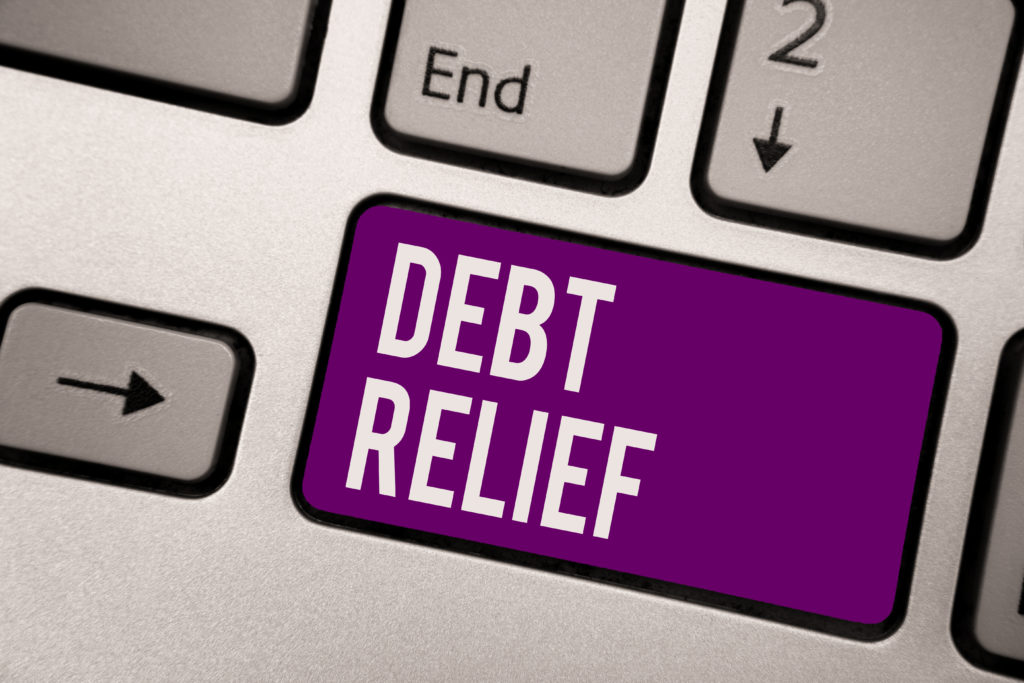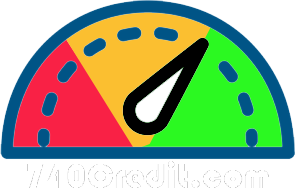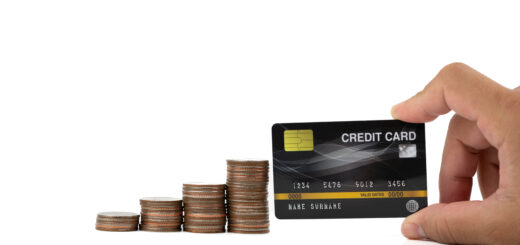How To Consolidate Debt
If you have a a large amount of money you owe, you may be wondering how to consolidate debt. Consolidating your debt can help you improve your financial situation as a whole, which can make it easier to stay on top of your other financial obligations.

When it comes to debt consolidation, you have a few different options:
Balance Transfer
When you opt for a balance transfer, you move an existing balance (or balances) over to a new credit card offering either a better interest rate or a promotional zero interest period. Typically, this option for debt consolidation is only available if you already have good credit and it does come with some risks. Not everyone will be disciplined enough avoid the temptation to charge more now that they see they have a newly available amount of credit.
Personal Loan
A loan taken out for the purpose of paying off debt is appropriately called a debt consolidation loan. With these loans, you will use the money to pay off all of your credit or other debts and you will be left with a single monthly loan payment. The loans often come with a lower interest rate compared to credit cards so it is a great way to save some money. Keep in mind, however, that the loans typically have to be paid back in full in a few years, typically anywhere from two to five. Take the monthly payment in to account before opting for this option since you need to be sure you will be able to make your payments.
Home Equity Loan or Home Equity Line of Credit
If you own a home, you can take out an equity loan or an equity line of credit and use the funds to consolidate debt. These options typically come with interest rates much lower than credit cards but there will be closing costs to consider. Also keep in mind that since you are putting your home us a collateral with either option, if you default on your payments, you will be in danger of losing your home.
Debt Management Plan
If you do not qualify for the above options, you can consider enrolling in a debt management plan. You will need to choose a reputable credit counseling agency and they will negotiate directly with your credit card companies for better rates and payment terms.
Typically, you will be required to close your credit accounts and you will make a single monthly payment to the agency. They will in turn disperse the payment among your creditors at the terms they agreed on. There is usually a small monthly fee you will pay to the agency but this option is great if you are struggling to meet your current payment obligations. Under a debt management plan, you will be able to consolidate your debt and typically be debt free in around five years.
Preparing to Consolidate Your Debt
Starting the process of debt consolidation can seem daunting but with the right strategy, you can set yourself up for success
Add up our Debt
If you do not already know the total amount you owe, start by adding up all of your debt. Include traditional credit cards, store credit cards, and any other debt you are wanting to pay off such as medical debt or student loans. Compare your current payments with your monthly budget to see if you can simply start increasing your payments.
Shop for Offers
Regardless of which of the debt consolidation strategies you chose, it is important to shop around. Research and compare offers from multiple sources before applying for anything. If you have great credit, consider using multiple strategies to eliminate your debt as quickly as possible while paying the least amount if interest.
Stick to the Plan
Regardless of which debt consolidation plan you choose, make sure you stuck with it. Make your payments on time and if you are using a balance transfer option with promotional periods, try to have everything paid in full before the promotion ends. Sacking with the plan is most important if you choose a debt management plan. Failing to make your monthly payments will result in the plan being terminated and you will return to having to deal with your debts on your own.
Avoid More Debt
This may seem obvious, but as you are working to pay off your debt, do not add more to it. Many people see their available credit increasing and are tempted to charge more. This does nothing but negate all of your hard work. Do not add to your debt while you are trying to pay it off. You should also consider what happened to lead you to having so much debt in the first place. See if there are changes you can make now to avoid this happening again.
Alternatives to Consolidation
Debt consolidation can help you get to where you need to be financially to pay off your debt. It may cause you to experience some negative effects on your credit score in the short term, but the upside of becoming debt-free may be enough to outweigh the costs.
But if the debt consolidation methods listed above are unappealing or unattainable, there are alternatives you can explore/head
Budgeting
Examine all of your monthly expenses and income. Create a budget and stick to it. If you have no idea where your money is going every month, you need to find out. Make sure the whole family is on board.
Debt Avalanche
With this strategy, you make just the minimum payment on all of your debts except for the one with the highest interest rate, to which you’ll pay as much as you can. Once that debt is paid off, take all the payments you were making toward it and apply them to the account with the next-highest interest rate until it’s paid off. Repeat this process until all of your debts are paid in full.
Debt Snowball
Similar to the debt avalanche method except instead of targeting your highest-interest debt first, you’ll focus on the accounts with the lowest balances. While the debt avalanche method may help you save money on interest, the debt snowball method can help you stay motivated because you’ll see wins early in the process as you eliminate smaller balances.




